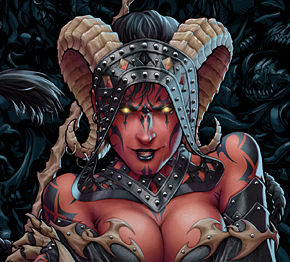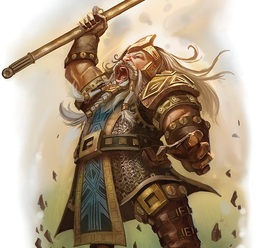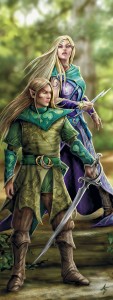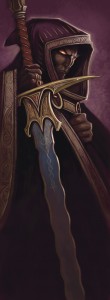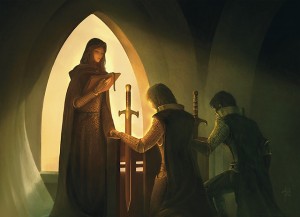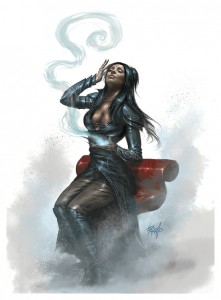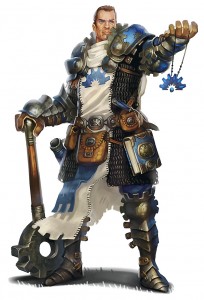 Adventure hooks are usually pretty simple. One or two sentences serve as inspiration, helping the DM create his next encounter or even a whole arc of the camping. However, adventure hooks designed to include divine characters have the potential to be a lot more complicated.
Adventure hooks are usually pretty simple. One or two sentences serve as inspiration, helping the DM create his next encounter or even a whole arc of the camping. However, adventure hooks designed to include divine characters have the potential to be a lot more complicated.
Right from level 1, divine characters have the support and resources of their church behind them. The PC may not be important or powerful enough within the hierarchy to request a magic item or demand an audience with the high priest, but this relationship exists. Even in circumstances where a divine character has left or been expelled from his order, he still has his faith. Should this character require aid he only needs to find others with similar beliefs and he’ll likely get it.
In most cases, PCs are in good standing with their church. They will often aid followers of the same faith and other members of the church if they need it. Likewise there is a good chance that these same people will assist the PC if the situation is reversed. This makes adventure hooks that feature divine characters a lot more complicated.
